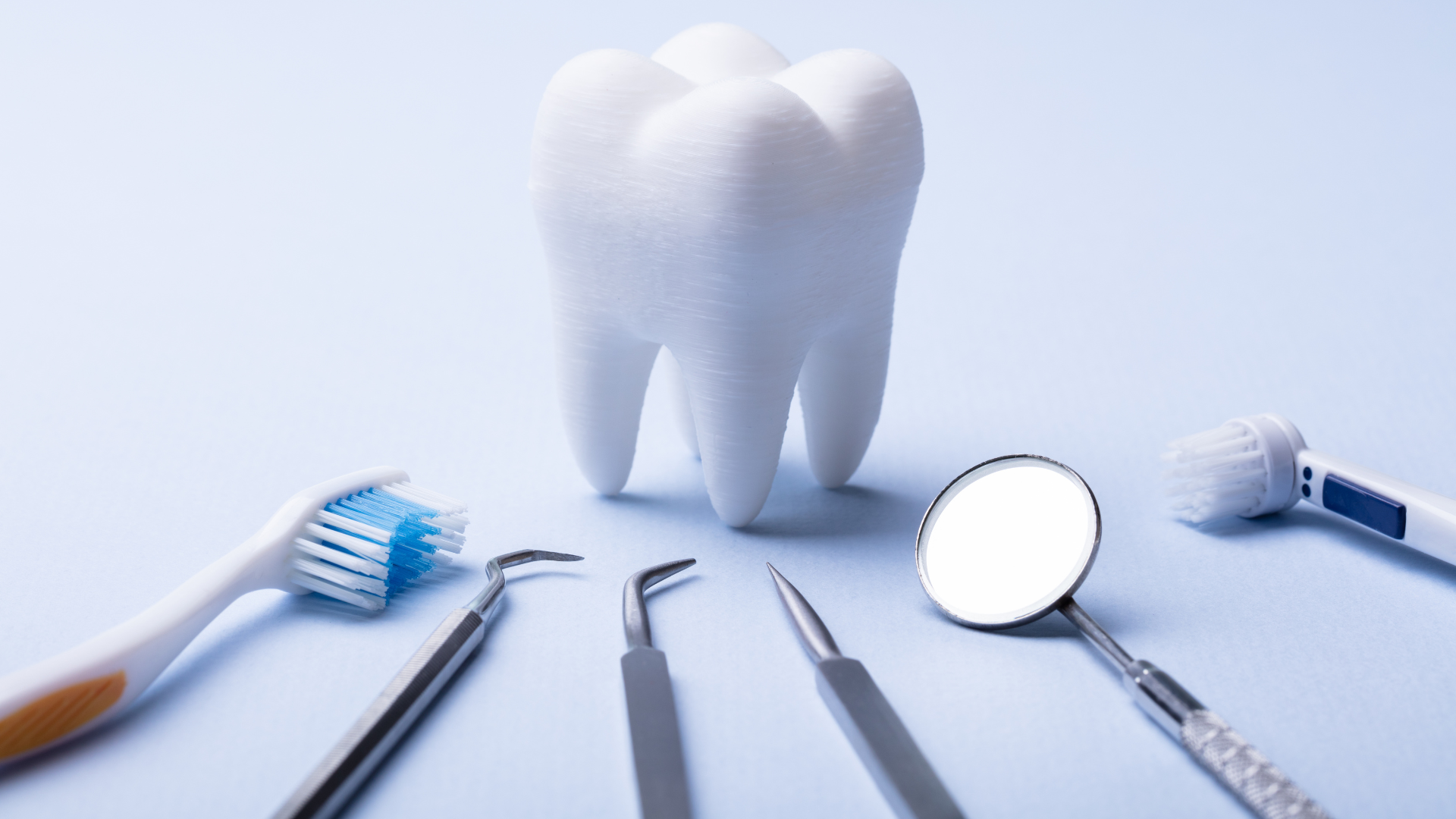A dazzling smile is more than just a sign of good health; it's a confidence booster and a reflection of self-care. Maintaining proper oral hygiene is not only essential for a sparkling smile but also for overall well-being. In this blog post, we'll explore the importance of oral hygiene and provide practical tips to keep your teeth and gums healthy.
The Foundation of Oral Hygiene
Regular Brushing: The cornerstone of oral hygiene is regular brushing. The American Dental Association (ADA) recommends brushing for two minutes at least twice a day using fluoride toothpaste. Be thorough but gentle, making sure to cover all surfaces of your teeth. (Including those hard to reach wisdom teeth that are often missed!) Brush once before breakfast, and once before bedtime (do not eat or drink other than water after).
Flossing: Brushing alone isn't enough to remove all food particles and plaque. Flossing at least once a day before bedtime (and ideally after every meal) helps clean the tight spaces between teeth and along the gumline, where a toothbrush can't reach. We recommend flossing before brushing to increase fluoride retention between teeth.
Mouthwash: While the effects of mouthwash on cavity and gum disease prevention is negligible, mouthwash can help reduce unpleasant odor and leave your oral cavity feeling fresh. When purchasing a mouthwash, look for one that contains fluoride and is alcohol-free.
Tongue Cleaning: Don't forget your tongue! A tongue scraper or your toothbrush can help remove bacteria that contribute to bad breath. Make it a habit to gently brush your tongue a few times after you brush and rinse your toothbrush.
The Impact of Poor Oral Hygiene
Neglecting oral hygiene can lead to a range of problems, both oral and systemic:
Tooth Decay: Without proper care, bacteria in the mouth can cause tooth decay, leading to cavities.
Gingivitis and Gum Disease: Plaque buildup can lead to gingivitis, an early stage of gum disease, which can progress to more severe periodontitis if left untreated.
Bad Breath: Bacteria in the mouth release sulfur compounds that cause bad breath. Regular oral care can prevent this issue.
Tooth Loss: Advanced gum disease and severe tooth decay can lead to tooth loss. Proper oral hygiene practices can help prevent this.
Systemic Health Issues: Emerging research suggests a link between oral health and systemic conditions such as heart disease, diabetes, and respiratory infections.
Tips for Maintaining Optimal Oral Health
Regular Dental Check-ups and Cleanings: Don't wait for a problem to arise. Regular dental check-ups can catch issues early and help prevent more serious complications. It is recommended that you visit your dentist for a routine oral examination and professional teeth cleaning at least twice a year.
Limit Sugary Foods and Drinks: Sugary snacks and beverages can contribute to tooth decay. Consume them in moderation and remember to wait 30 min after consumption then brush afterward.
Stay Hydrated: Drinking water helps flush away food particles and keeps saliva production at an optimal level, which aids in fighting bacteria.
Avoid Tobacco and Excessive Alcohol: Smoking and excessive alcohol consumption are linked to oral cancer and other dental problems.
Bishop Ranch Dentistry for Proper Oral Hygiene
Proper oral hygiene is not just about a beautiful smile; it's a fundamental aspect of overall health and well-being. By incorporating regular brushing, flossing, and dental check-ups into your routine, you can enjoy the benefits of healthy teeth and gums. Remember, a radiant smile is a reflection of your commitment to self-care and a positive outlook on life. So, keep shining!


